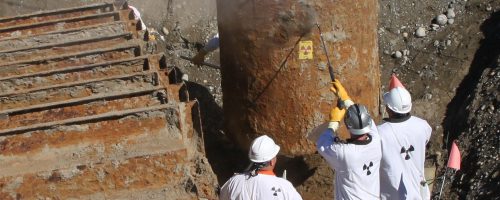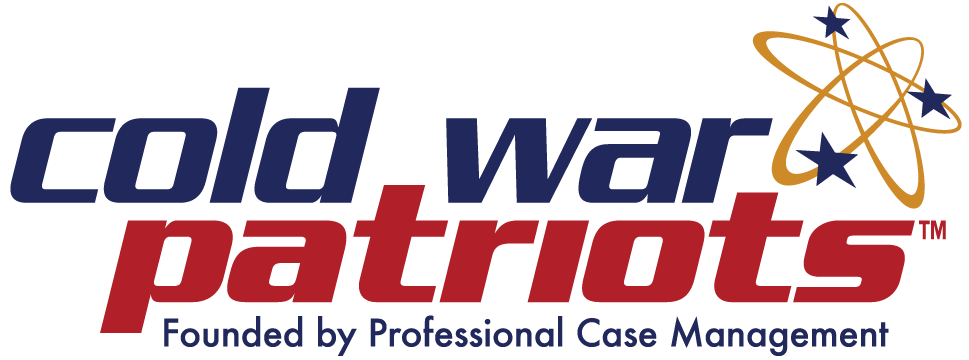
Industry News | CWP
DOE Program Could Help with Soaring Medical Expenses
January 4, 2019
January 4, 2019
CWP
Industry News
January 2, 2019
For IBEW members employed by the U.S. Department of Energy and dealing with a work-related illness, there could be a new way to get help with your medical bills.
The Energy Employees Occupational Illness Compensation Program compensates current and former DOE employees who were diagnosed with illnesses if the diagnosis is a result of exposure at covered facilities. Covered illnesses include certain types of cancer, chronic beryllium disease, beryllium sensitivity and chronic silicosis.
Depending on the claim, recipients can receive upwards of $250,000 in compensation, and in some instances more.
“For our members, some who have worked for decades in these dangerous jobs, this could be an opportunity to regain at least some of what you’ve sacrificed over the years,” said International President Lonnie R. Stephenson. “These people deserve our country’s gratitude for their service, and I’m hopeful that this program can be a positive start.”
The program, a product of bipartisan legislation enacted in 2000, also covers contract employees and some surviving family members, including spouses and children of deceased workers, as well as those who worked on the construction of many of the facilities.
There are more than 400 DOE sites across the country, many of which employ IBEW members in various capacities.
While safety gear and protocols have improved over the years, workplace injuries and health impairments still occur, especially when the job involves dangerous chemicals that may not have been safely contained.
Richland, Wash., Local 984 member Mario Diaz said getting his claim approved took some time, about two years, but now the bills for his occupational asthma, including some pricey medications, are covered.
“It’s a good program. We didn’t really have anything before,” said Diaz, who worked as a radiological technician at the Hanford nuclear site in eastern Washington.
Diaz, now retired due to his health, used to inspect tank farms for radiation leaks. On one particularly bad day, Diaz says he bent down to check something and a “sauna-like” blast of warm air hit him. He knew it wasn’t good. His face turned a shade of red more commonly associated with cartoon characters, he said. He was hospitalized, but eventually returned to work.
But after a while, and a few more hospitalizations, he had to stop working. Diaz says he’s lost about 20 percent of his lung capacity. The slightest scent can send him into a coughing fit. His memory has been impaired as well.
“My lungs are shot,” Diaz said. “I’m pretty much locked in my house.”
Diaz says union members should go to their health advocate if they’re considering a claim.
“That was the biggest, best move we did,” Diaz said. “They have a wealth of information and they’re on your side.”
Diaz says it’s important to keep in touch with the people processing your claim, usually a claims examiner. And if you can find an occupational doctor, go there. They can be strong advocates and are familiar with the system.
“Some doctors may give you a hard time,” Diaz said. “Find one who will work with you. You’ve got to stand your ground.”
Information on how to file a claim can be found here. For those wishing to apply online, forms are located here. In order to file a claim, an employee must have a diagnosis first. Applicants should also have their dates of employment and job location as well as any relevant medical records.
There are resource centers located around the U.S. to assist people with their claims. People can also get help by phone.
“The process can be confusing, but there’s help out there,” said Local 984 member Dianne Whitten who works at the Hanford nuclear site. “I’ve seen this program help a lot of people.”
In the event a claim is denied, you can reapply if there is new information or a new diagnosis, Whitten said. “Your claim never really closes.”
Whitten, who has worked at Hanford for about 30 years and is also recording secretary for the Hanford Atomic Metal Trades Council, says IBEW members who have questions can reach out to her at [email protected] and 509-943-4076.
